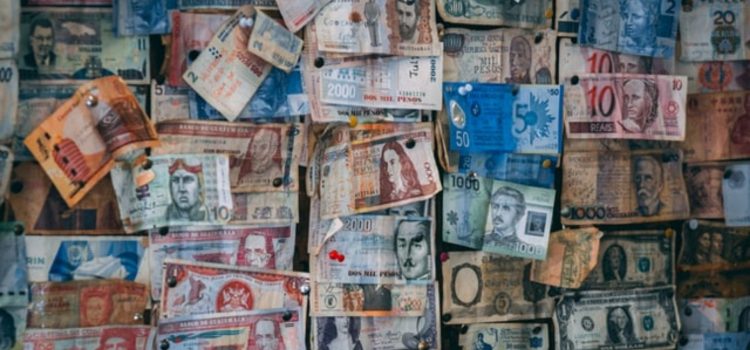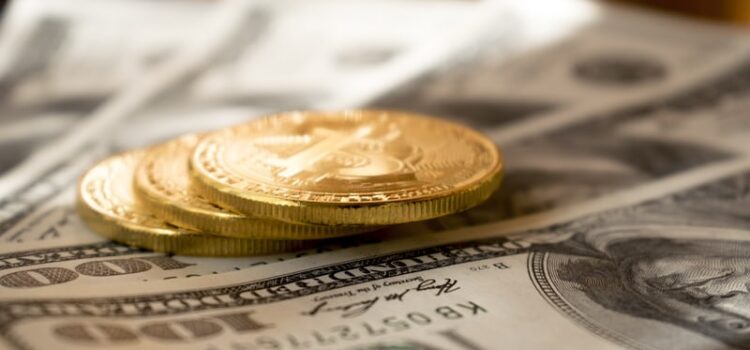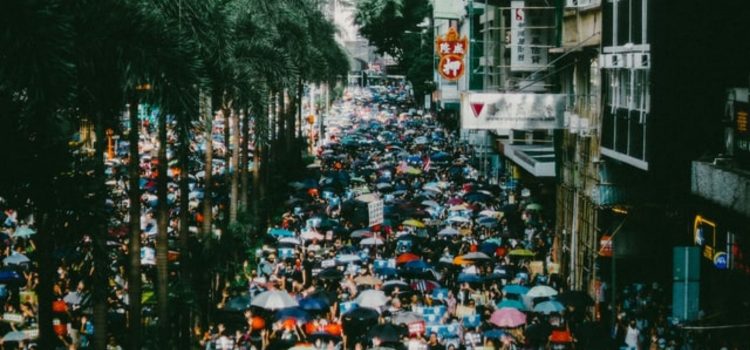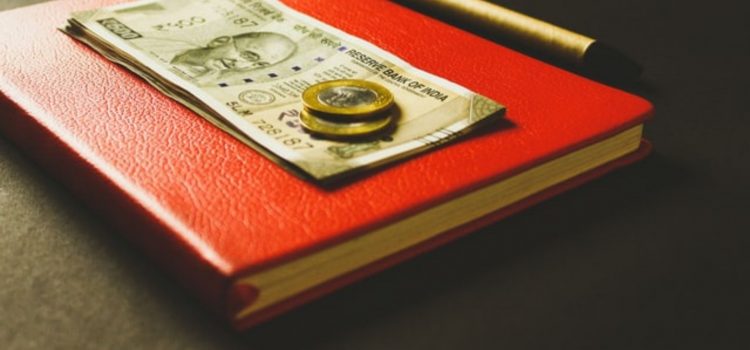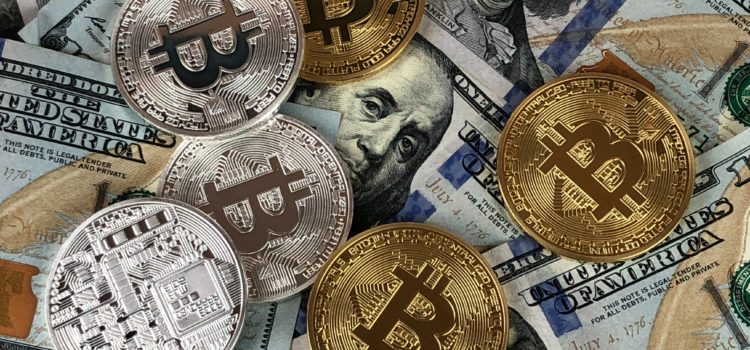What exactly is an exchange rate? How do countries determine their exchange rates? In simple terms, the exchange rate is the price at which you can purchase one currency using another currency. There are several ways that a country can determine the value of its currency and its exchange rate. Learn about the economics of exchange rates, explained in simple terms. We’ll discuss the gold standard way of determining the exchange rates, and the difference between floating and fixed exchange rates.
The Economics Behind Exchange Rates—Explained
